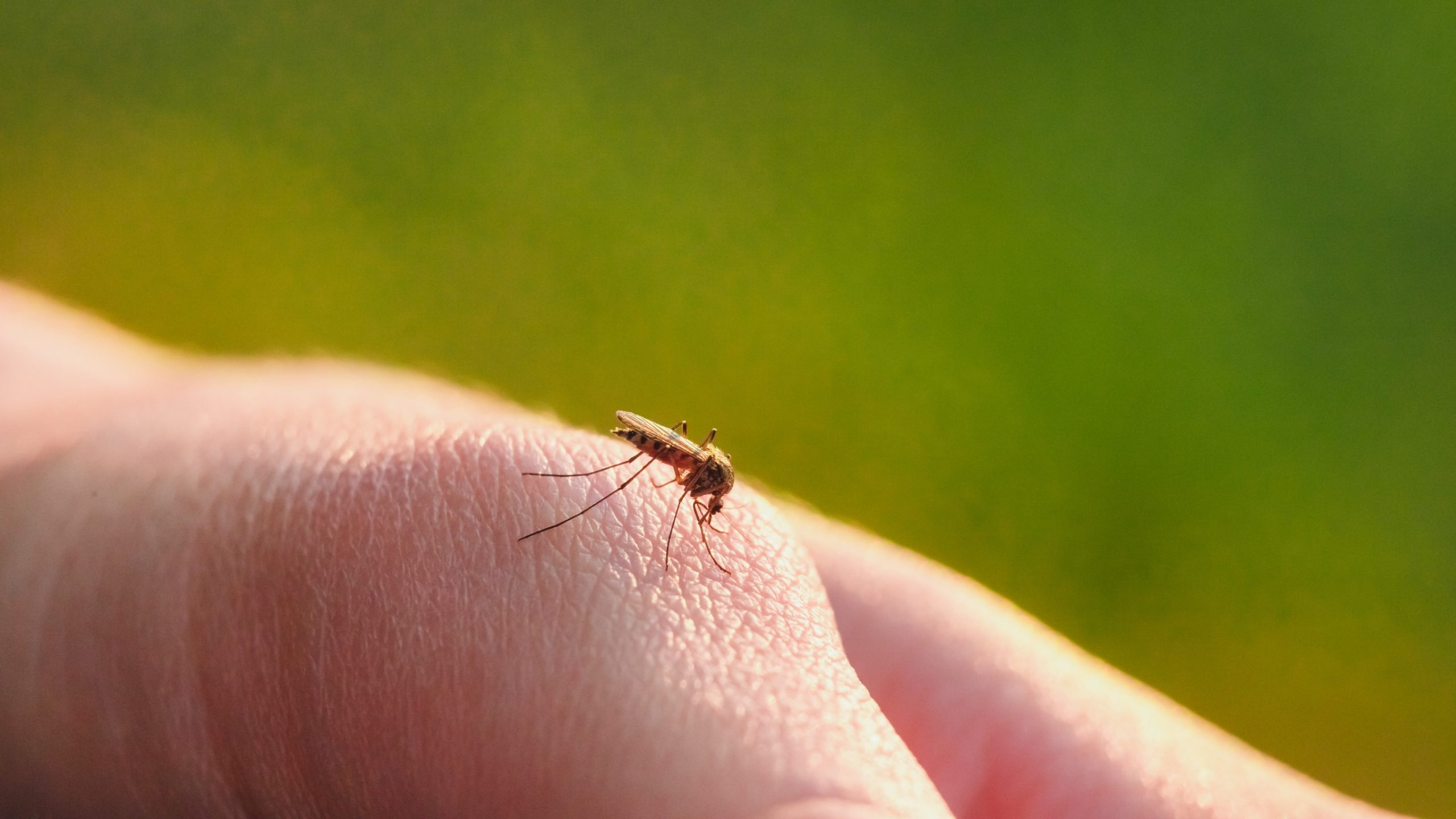BY THE OPTIMIST DAILY EDITORIAL TEAM
Summer can be a joyful, sunny time, but that doesn’t mean it’s free from annoyances, such as mosquitos. But not all bites are created equal. While most bites cause stinging, itching, and swelling, some can lead to severe health issues. Understanding the red flags of a mosquito bite that requires medical treatment can help you prevent potentially serious complications.
Big and painful: when a bite isn’t just a bite
Mosquito bites are often little, itchy bumps, but if a bite swells more than usual or becomes extremely painful, it might suggest a more serious condition. Marshana Dahlia Spavento’s pleasant alfresco dinner in Miami turned into a nightmare when she discovered 52 bites on her legs. “The bites were as big as golf balls and felt hot to the touch,” she tells Self.
Spavento’s reaction was so extreme that the swelling took weeks to go down and the marks months to vanish. Skeeter syndrome, an uncommon allergic reaction to mosquito saliva, was the cause of this acute reaction. Dr. Zachary Rubin, a pediatric allergist in Chicago, adds that, while Skeeter syndrome is uncommon, its symptoms—swelling, redness, and pain—can be frightening and have a substantial impact on everyday life. “If you experience unusually large and painful bites, it’s worth consulting with a healthcare professional,” he advises.
A doctor may prescribe a powerful topical steroid to reduce inflammation or an oral antihistamine such as Zyrtec or Claritin to relieve discomfort. “These treatments are often more effective than over-the-counter options,” Dr. Rubin explains. Early care can reduce the reaction, and help dodge further issues while making it easier to manage symptoms.
When things are getting worse, not better
Mosquito bites usually improve within a few days, but if the symptoms worsen, that’s cause for concern. Symptoms such as increased redness, swelling, or soreness, particularly if accompanied by yellow pus, blisters, or fever, may suggest an infection. Dr. Karen Blatman, an allergist at Dartmouth Health, warns that these symptoms could indicate cellulitis, a bacterial skin infection that spreads rapidly if not addressed.
“Scratching an itchy bite can introduce bacteria into the skin, leading to infections like cellulitis,” Dr. Blatman says. Though rare, mosquito bites can become entry points for bacteria, resulting in infections that require medical treatment. If you suspect an infection, seek medical assistance right away. Topical or oral antibiotics are commonly used for treatment, while more severe instances may require intravenous antibiotics.
It might be difficult to tell whether a worsening bite is the result of an illness or an allergic reaction, such as Skeeter syndrome. Dr. Rubin suggests drawing a border around the bite with a pen to track its progress. “If the redness or swelling extends beyond this line, see a doctor,” he warns. This is especially critical for people who have underlying health issues, such as diabetes, which might raise the risk of complications.
Feeling flu-like symptoms?
While stinging and swelling from mosquito bites are irritating, they can also suggest something more serious. Mosquitoes are known carriers of diseases such as West Nile virus, dengue fever, and malaria, which can produce symptoms ranging from minor to fatal.
Dr. Rubin points out that bites from disease-carrying mosquitoes may not necessarily look different from other ones, which is why it is critical to monitor any unusual symptoms that occur thereafter. “If you experience symptoms like nausea, vomiting, headaches, muscle pains, or diarrhea after being bitten, it could be a sign of a mosquito-borne illness,” he suggests.
Diseases such as dengue and West Nile virus are uncommon in the United States, but they do occur, particularly among visitors returning from countries where these diseases are more prevalent. For example, whereas only one in every four people with dengue exhibit symptoms, those who do can suffer serious problems within hours of being bit. Although West Nile virus is generally asymptomatic, it can cause catastrophic illnesses such as encephalitis (brain inflammation) in approximately one in every 150 cases.
Early detection and treatment are critical in these cases. “If you experience any severe or unusual symptoms after a mosquito bite, it’s important to seek medical attention immediately,” Dr. Rubin advises.
Prevention is the best cure
The easiest method to avoid difficulties from mosquito bites is to avoid getting them in the first place. Simple precautions such as using insect repellent, wearing protective clothes, and avoiding locations with standing water will dramatically lower your chances of being bitten.
“Preventing bites is key to avoiding both minor annoyances and serious health issues,” Dr. Rubin explains. You can enjoy the summer without worrying about mosquito bites if you take care and are aware of the warning signs of more serious reactions.











